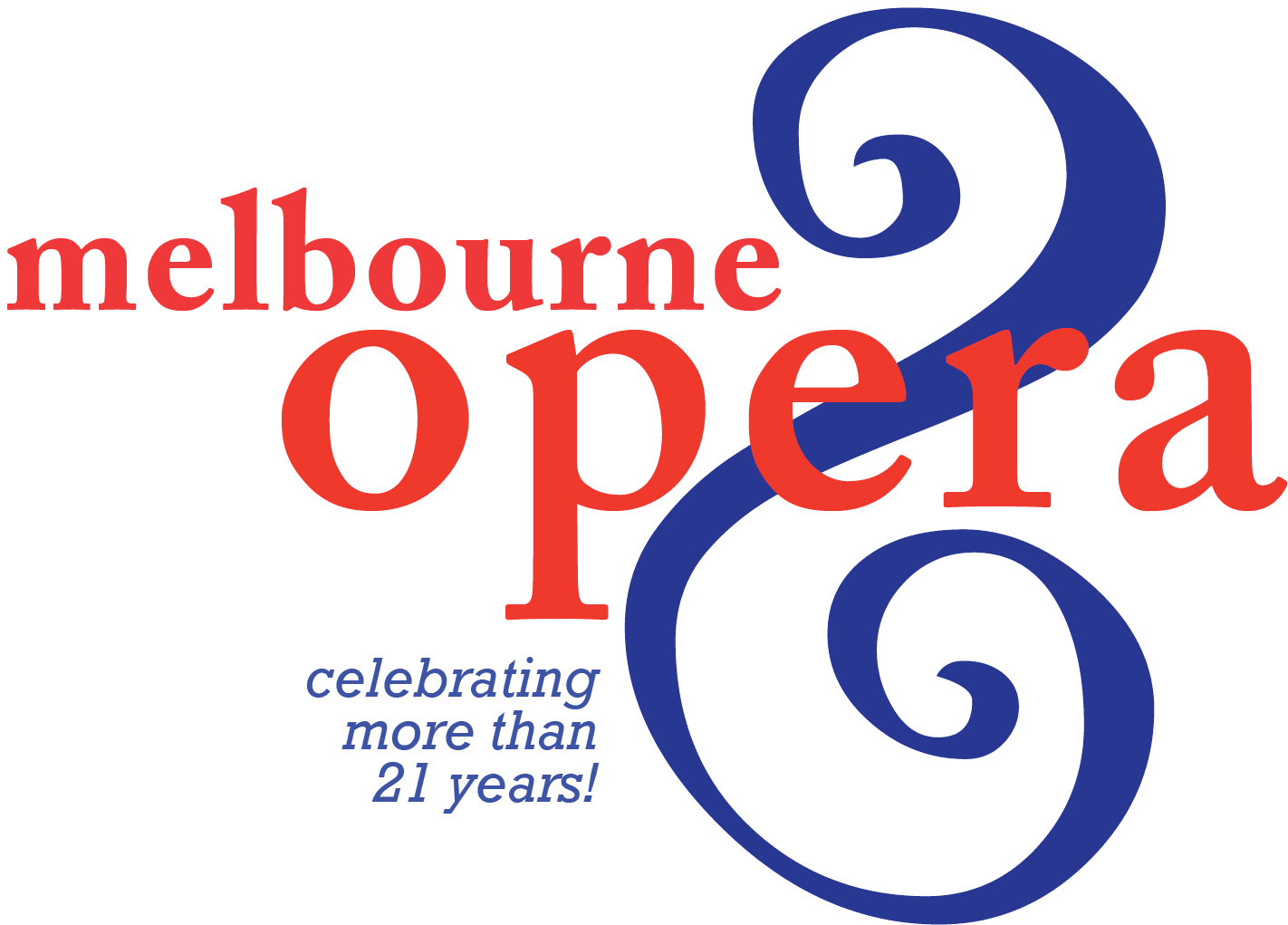Her go-to warm-up piece is Mozart’s aria Porgi amor: “O Love, give me some remedy / For my sorrow, for my sighs!
“Either give me back my darling / Or at least let me die.”

Opera singer Helena Dix back in SydneyLouise Kennerley
She managed the first two notes. Then she could barely stand, let alone sing. There was no air to be found in her coronavirus-ravaged lungs.
“It was just that reality,” says Dix. “Oh my god. It was that real moment of is this going to be OK. I cried my eyes out that first day.”
She sobs again, remembering that moment.
“When you are threatened with not having anything any more of something that you’ve worked your whole life towards, and sacrificed, you have two options: you either fight it or you don’t.
“And I’m a fighter … I made a decision. I can either cry about this or I can do what I’ve done all my life – and enjoy the challenge.”
Dix is back in Australia from the UK, fresh out of quarantine and about to star in two operas in Canberra and Melbourne. But that brief sentence hides a year of pain, grief and determination.
She had been “flat on my back” with COVID-19 in late March last year then recovered. A few days later, at home, she put the kettle on and “all of a sudden I just couldn’t breathe. As instant as that. I couldn’t speak, I couldn’t call to my husband. I had nothing to do that with.”
A huge blood clot had come loose from her leg and landed in a lung. She believes, and doctors agree, her opera training saved her life.

First song after near-death COVID experience
After nearly dying from COVID-19, opera singer Helena Dix is finally able to sing again.
“Everything was spinning. My poor husband said, ‘Oh for god’s sake Helena just breathe.’ In my head I’m like, ‘For f—s sake, of all people to tell that to.’
“The only thing that got me through that point before the ambulance came and offered me air was everything I’ve ever learned about breathing.”
Dix is an “old-school” breathing nerd. When learning an opera, she maps out, on every page, where to take a breath. She knows the geography of her lungs, how to take air into the depths, into her back and how to hoard the last seconds of supply.
“My heart was racing,” she says. When paramedics arrived and checked her oxygen levels, she saw shock on their faces.
Over 12 surreal days in hospital, surrounded by doctors in full personal protective gear, she would learn how unlucky and lucky she had been.
“I was pretty much told I would have been dead. The doctors called me the miracle survivor [because of] the size of the clot on my lungs.”
One emergency doctor told her he felt uncomfortable even looking at her scan.
There remains long-term damage in the leg where the clot originated. Dix was on painful twice-daily injections for seven months. She is still on blood-thinner warfarin and has flare-ups.
Doctors warned her against trying to sing again too soon.
“I’m going to be careful because it’s everything. It’s my life, my livelihood. It’s not like I can go sit in an office and type my way out of this.”
If her recovery were a movie montage, she says, first you’d see determination and joy out of tiny achievements.
“Each week I would give myself the smallest of goals. I would try to sing a full bar [of music] by the end of the week, nothing more.”
Then a bar and one note.
“When you come out post-COVID you feel like you’ve been hit by a bus. I’d sing a bar and I’d be exhausted. But I would tell myself that’s OK. Every time I could sing one more note it would give me a little hope.”

Dix rehearsing at home.Louise Kennerley
More montage flashes: five weeks after her collapse, a full musical phrase. Then, a setback.
“I’d get a bit excited and sing a page and I’d be like, ‘Woah, OK now I need to sleep for a week.’ I’ve always been that person I push myself just beyond where I can go, then I step back. But I was well aware I had to be cautious or I could do myself real harm.”
There wasn’t a moment when she knew she was well.
“It was more of an inner peace in me that went, ‘You know what, it’s going to be OK.’ ”
She has recorded performances from home, including for a gala for the Wexford opera festival. Next month, she will sing La Clemenza di Tito for the National Opera at ANU in Canberra.
In May, she will play Lady Macbeth for Melbourne Opera. International opportunities are now coming through, including for Brussels in 2024.
“It’s wonderful on so many levels,” she says.
It’s just great to be out of the house, for a start. Dix had been teaching from home over the last months in London, including working with COVID-19 recovery specialists and survivors, sharing her breathing expertise.
“The thing I’m looking forward to more than anything is getting into a room with my colleagues and making music together,” Dix says.
The thought of stepping back onto a stage, after all this, “is like butterflies, like a first kiss”.
Being in quarantine in Sydney was its own challenge. A passenger on Dix’s flight from London had contracted the rapid-spreading strain of COVID-19 and medical staff at the hotel were hyper-vigilant, phoning every day.
“I had a few little panic attacks at the beginning,” Dix says.
“After everything I’ve been through, if I feel like I can’t breathe for a moment, or something feels a bit restrictive, a little bit of something in me goes ‘oooooh’. But I’ve managed to talk myself down off these little ledges.”
She spent the time “studying Lady Macbeth and singing things and going a bit insane in my room on my own. It’s character research. I’m just really grateful to be in a country that takes it all very seriously.”

